WHAT ARE SOME PRACTICAL NUTRITION STRATEGIES FOR ATHLETES?
Athletes have specific nutritional requirements to fuel optimal performance. As a result, nutritional requirements must be tailored to meet specific goals. However, customising a diet on a daily basis can be difficult.
Athletes have specific nutritional requirements to fuel optimal performance. As a result, nutritional requirements must be tailored to meet specific goals. However, customising a diet on a daily basis can be difficult. To help combat this, Mihira Khopkar, Lead Sports Nutritionist at Sir H.N. Reliance Foundation Hospital, explored practical nutrition strategies for athletes in the recent webinar hosted by Sports Authority of India’s Regional Centre in Lucknow.
Mihira began by emphasising the value of eating a nutritionally healthy diet, citing Costill (1983), who said, "A proper diet cannot make an average athlete elite, but a poor diet can make an elite athlete average." The following factors are influenced by a balanced diet:
- Physiological and physical characteristics
- Anthropometry and body composition
- Health and wellness
- Mental well-being
- Ability to train with full potential
- Recover faster and prevent injuries
These have a direct or indirect effect on performance.
Our body fuels macronutrients and metabolises them during exercise sessions. Factors such as training intensity and duration play an important role, thus it is important to be mindful of what we consume. Mihira listed the following carbohydrates and fats sources, and categorised them according to their rate of absorption and consumption, respectively:
CARBOHYDRATES
Rate of absorption: Slow - Moderate
- Millets: Ragi, Bajra, Jowar
- Quinoa
- Pulses / Lentils
- Fruits: Apple, Pear, Berries, Peaches, Plums, Oranges, Grapes, Pineapple
- Dairy: Soy Milk, Almond Milk
- Vegetables
- Wheat: Brown Rice, Dahlia, Pasta, Oats
- Dry Fruits
- Sweet Potato
- Honey
Rate of absorption: Fast
- Breakfast Cereals
- White Rice
- Naan / Kulcha
- Bread: White & Brown
- Potatoes
- Fruits: Bananas, Chikoos, Watermelon
- Sugar / Glucose
FATS
Rate of consumption: Regular
- Oils: Coconut Oil / Olive Oil / Avocado Oil / Canola Oil
- Nuts & Seeds
- Fish: Mackerel, Salmon, Tuna
- Seeds: Flax & Chia
Rate of consumption: Moderate
- Butter, Ghee, Dairy
- Red-meat & Eggs Yolks
- Vegetable Oils: Sunflower / Safflower Oil
Fats to avoid:
- Vanaspati
- Items fried repeatedly in the same oil
Mihira addressed targeted goals such as strength and muscle building after covering the fundamentals of nutrition intake. Protein is a prime component in muscle building. There are, however, other considerations to weigh in one's diet, such as:
- Adequate caloric intake
- Sufficient hydration
- 2:1 Ratio of Carbohydrates: Proteins
- Creatine intake
- Intake of high biological value protein every 3-5 hours
- Focus on good quality protein sources
- 20-25g protein after workouts targeting single/double body part
- 40g protein after full-body workouts
- Good quality carbohydrates throughout the meals
Adequate rest and sleep impact results too. Mihira also listed the following proteins sources in ascending order of their rate of consumption:
- Beef
- Pork
- Mutton
- Poultry
- Fish
- Casein
- Paneer
- Cheese
- Nuts
- Pulses / lentils / quinoa
- Milk/curd
- Soy milk (with sugar)
- Eggs
- Egg whites
- Vegan protein supplement
- Whey protein supplement
Mihira summarised this with pre-training, during training, and post-training meals for athletes.
Another goal mentioned was to improve the athlete's aerobic capacity. Athletes can benefit from increased aerobic fitness in a variety of ways, including:
- Increase in red blood cells
- Increase in oxygen-carrying capacity
- Increase in mitochondria
- Better energy production
- Delayed fatigue
Therefore, to improve aerobic capacity, the following practical strategies can be applied:
- Train in a fasted state
- Train on low carbohydrates
- Drink a cup of black coffee pre-training
- 1tbsp coconut oil pre-training
- Include Iron, B12, Folic Acid as required
Mihira discussed injury prevention and recovery for athletes. She recommended including superfoods in your diet to aid recovery, such as:
- Pre-training:
Beetroot
- Post-training:
Pineapple
Fresh raw amlas
Pinch of turmeric in milk
The final topic of the discussion was the consumption of supplements. Following constitutes as supplements for athletes:
- Sports Foods
Convenience foods: sports drinks, bars, gels, protein, electrolytes
- Medical Supplements
Prevent/treat deficiency: iron, calcium, multivitamin, zinc, vitamin D, probiotics
- Performance Supplements
Support / enhance performance: caffeine, creatine, beta-alanine, sodium bicarbonate, nitrates
Supplement consumption should be carefully monitored and should be avoided if it is not prescribed on an individual basis.
Mihira wrapped up the webinar by talking about the significance of meal adaptations. She mentioned how one should avoid consuming the same diet or the same food every day, and that each meal should be adapted to the specific needs and training schedules.
Disclaimer : This is for education purposes only. Individual dietary requirements may vary, so please seek customised advice from a registered health professional to suit your individual goals.
In case of queries or if you have any suggestions for webinar topics, please feel free to connect with us on Instagram/Facebook or email us at info@rfyouthsports.com.

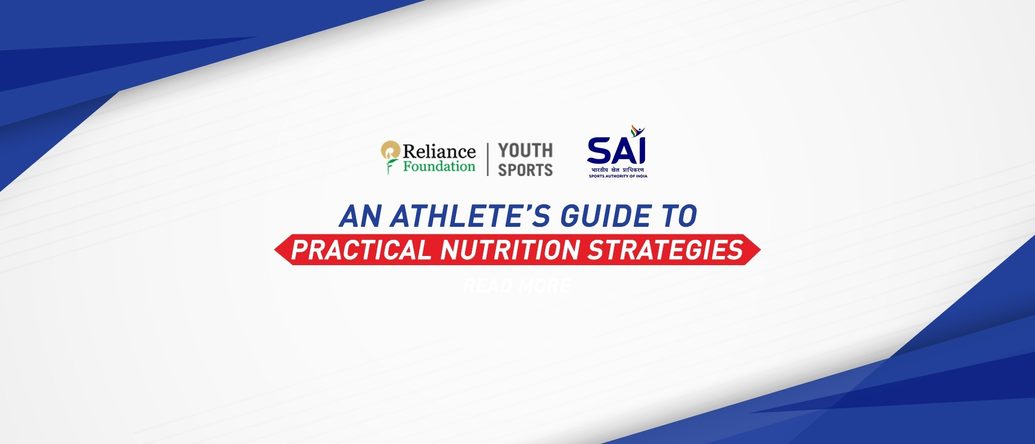

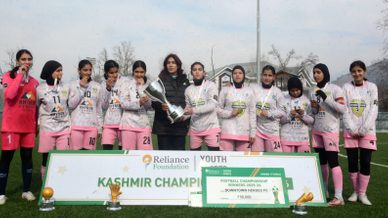

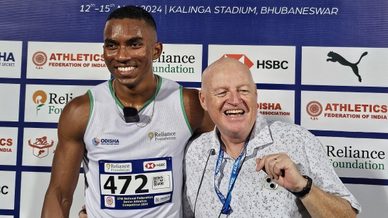
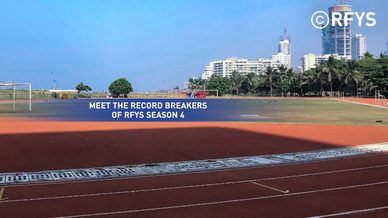
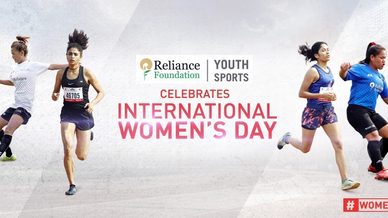
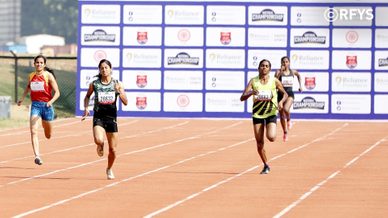


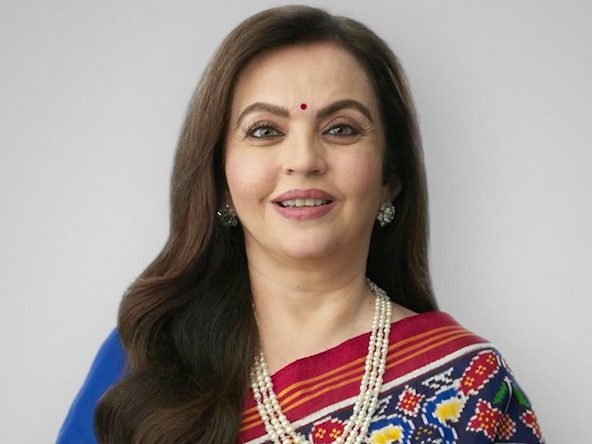
Your Comments